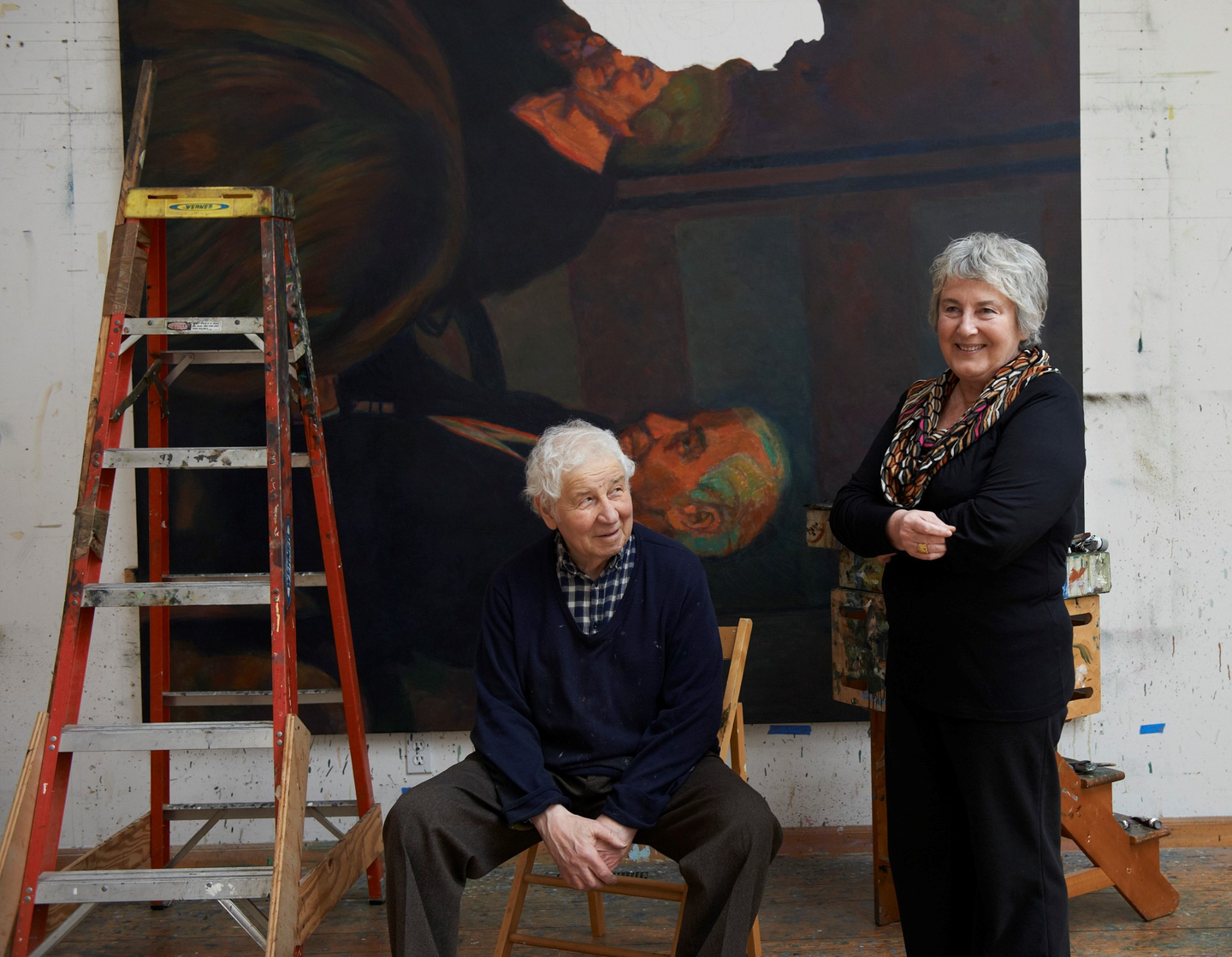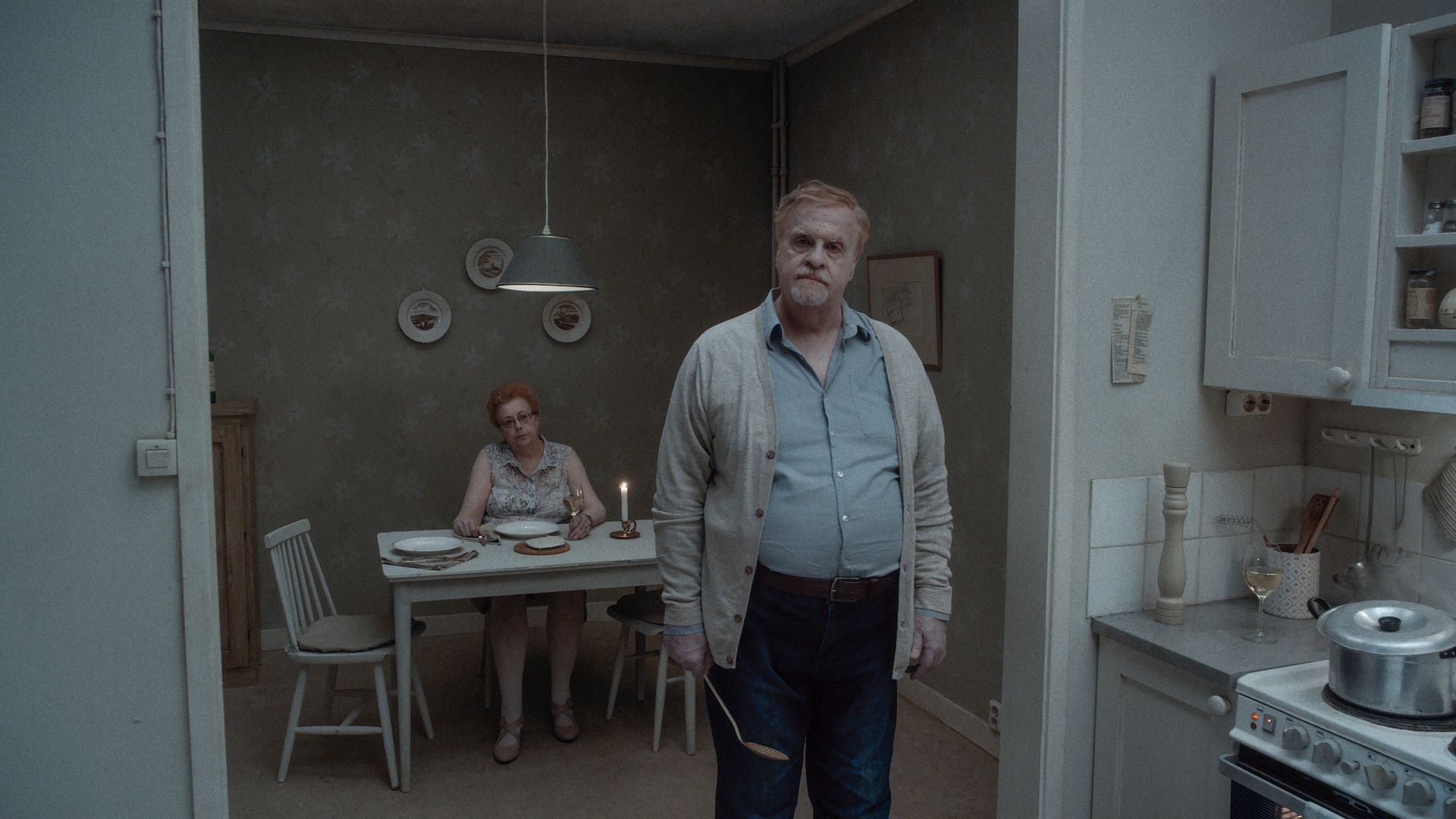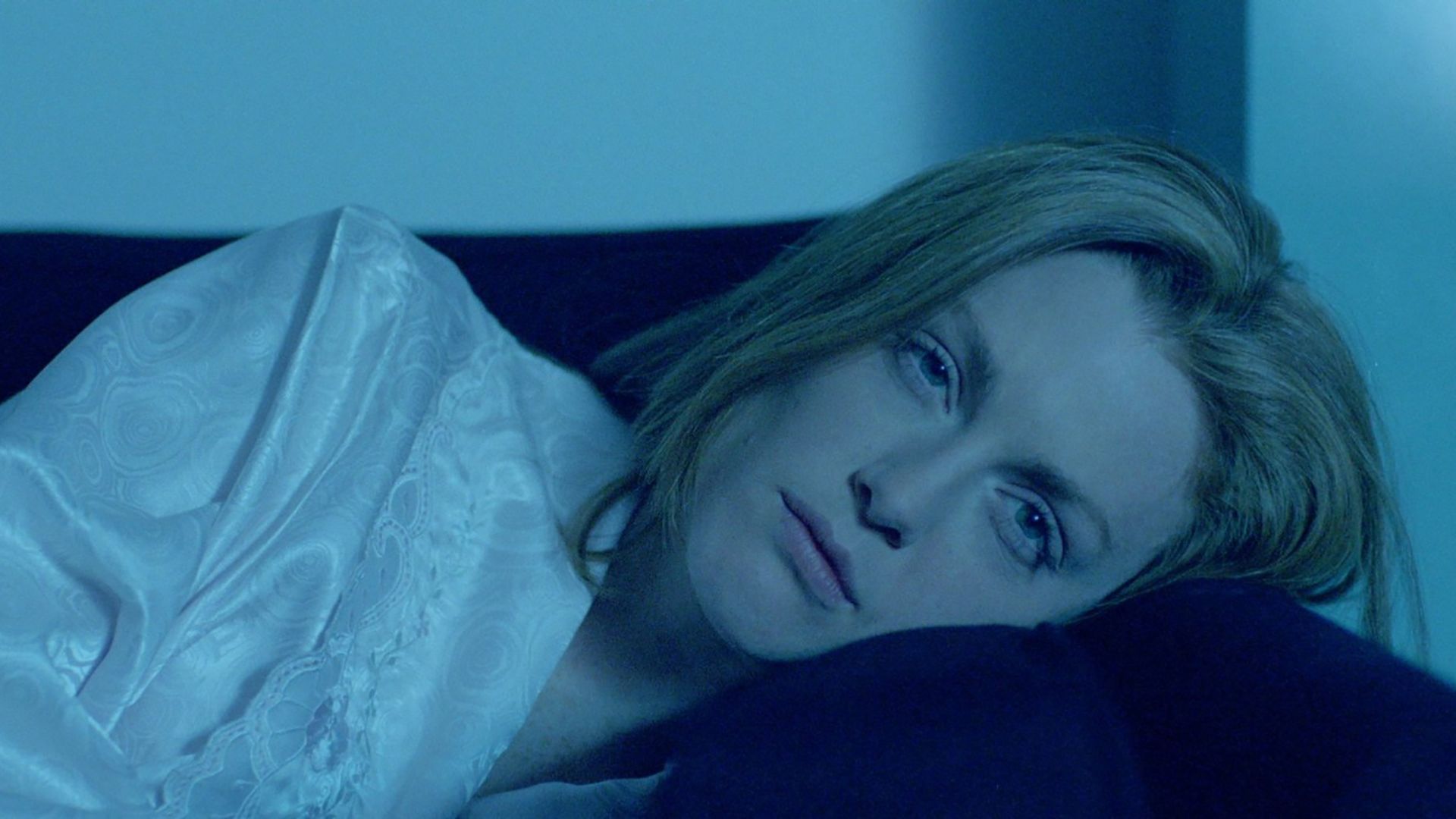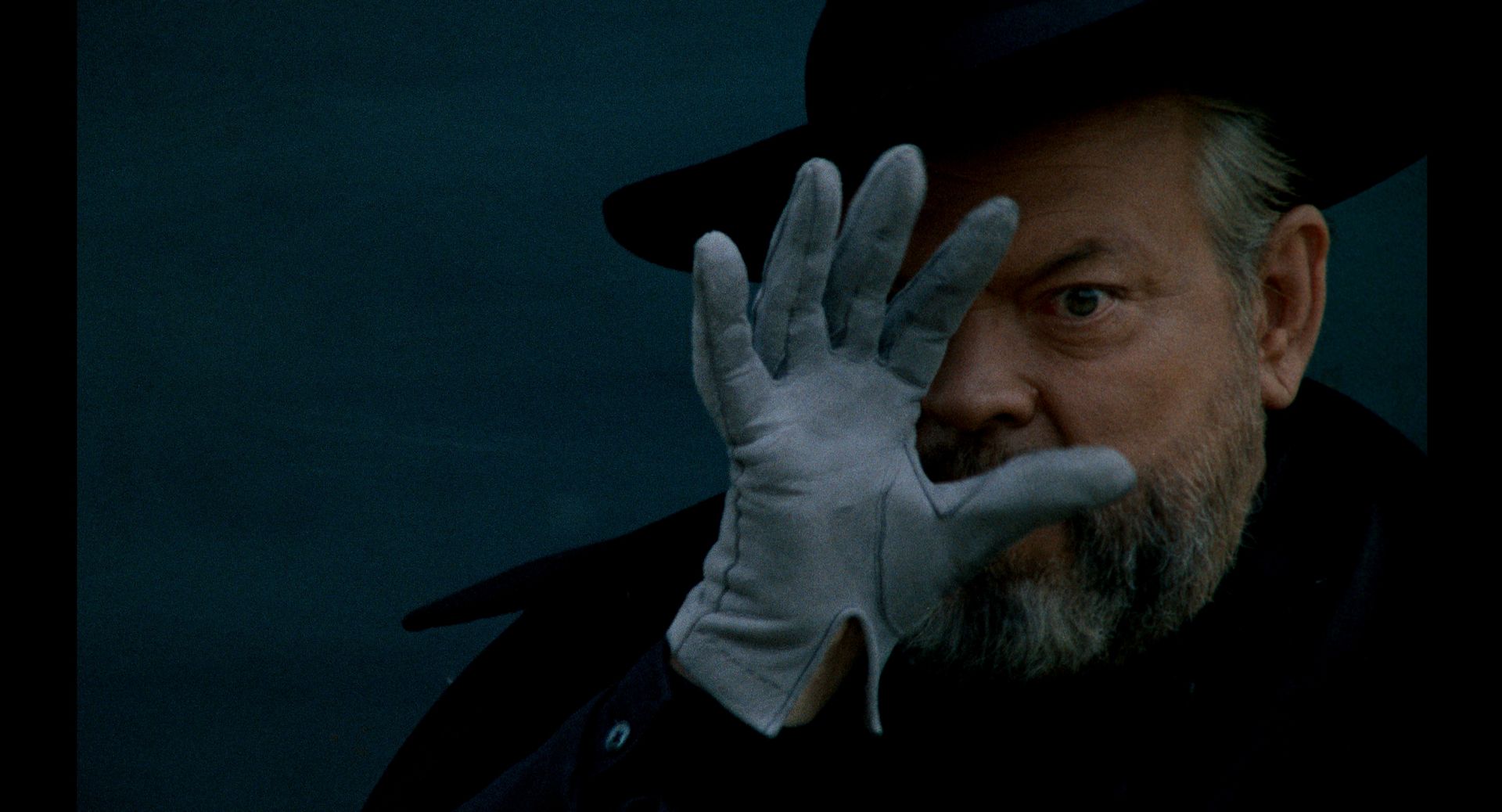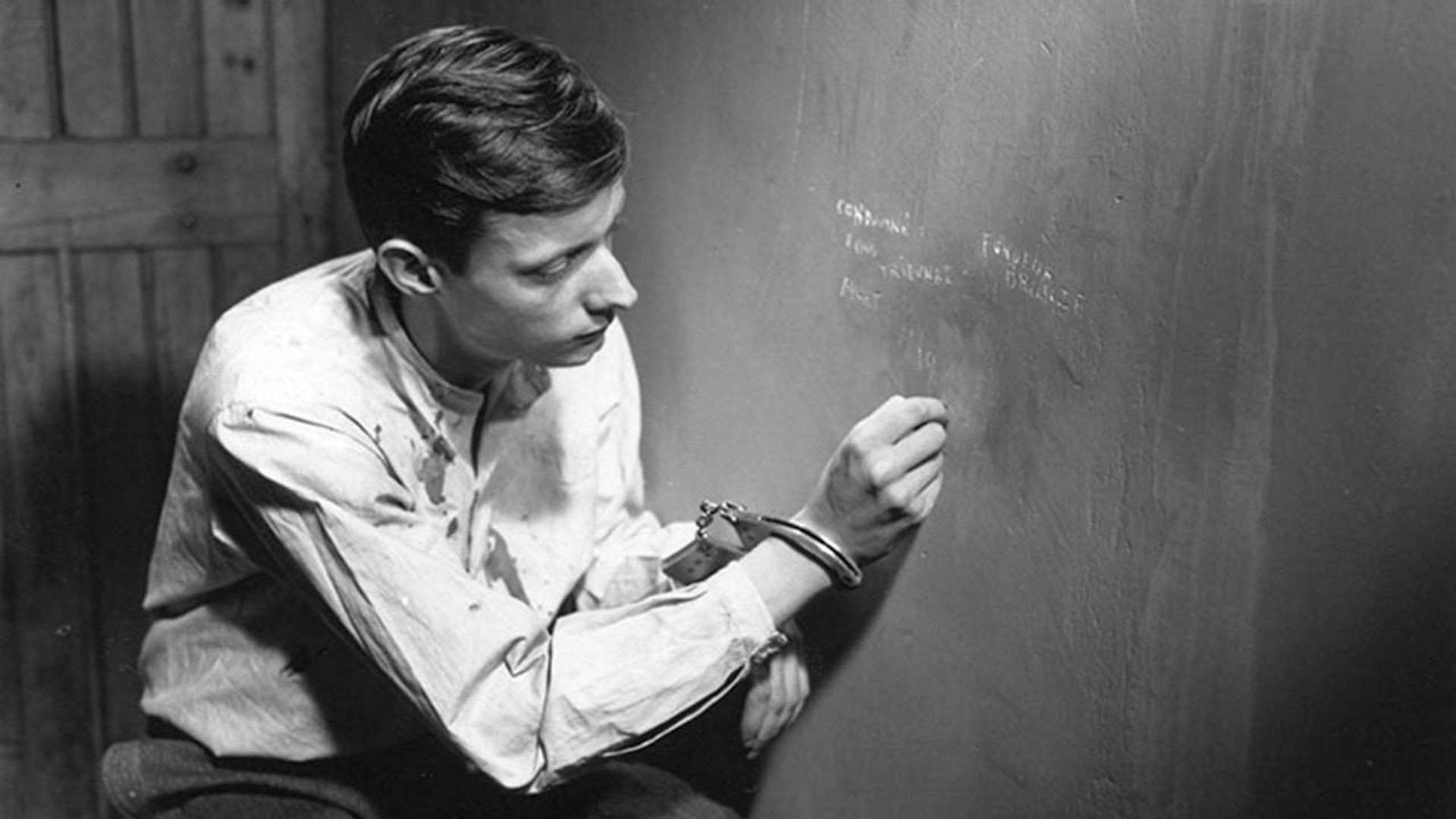Ilya and Emilia Kabakov worked together as an artist duo in their Long Island, New York home from 1989 until Ilya's passing in May 2023 at the age of 89. Tel Aviv Museum of Art presents the artists' first solo exhibition in Israel with a unique series of special encounters. MART supports the series that will be a point of contact between the exhibition, leading Israeli artists, and selected films.
The work of Ilya and Emilia Kabakov, two of the leading contemporary artists on the international scene, spans over half a century. Their art touches upon the major political narratives and the central aesthetic trends of the past decades. The complex and rich universe they have created has parallels with contemporary cinema too and is mirrored in independent cinematic works of prominent filmmakers.
The Image of an Ordinary Man and the Poetics of the Everyday
13/9/23
Introductory Lecture: Zoya Cherkassky
Film Screening: Roy Andersson, About Endlessness (2019)
Movie Summary: Presenting an absurdist yet melancholic and occasionally humorous glimpse into the everyday lives of regular individuals striving to escape their solitary existences and find comfort in dreams. This is the latest work by the Swedish cinematic master Roy Andersson, who persistently explores the enchantment and poetry found within the everyday.
Soviet (Underground) Culture: Oppression and Subversiveness
18/10/23
Introductory Lecture: Haim Sokol
Film Screening: Kira Muratova, Getting to Know the Big Wide World (1980)
Movie Summary: What starts as a 'typical' love triangle involving two guys and one girl, all of whom are construction workers, evolves into a vivid and enigmatic poem delving into the origins and mysteries of love. Through these seemingly ordinary 'soviet' characters, Kira Muratova unveils poetic individuals, transforming the backdrop of industrial construction into a delicate stage for unspoken tragedies.
Through the Window, Under the Blanket: Pleasure, Contamination and Fantasy
15/11/23
Introductory Lecture: Roee Rosen
Film Screening: Todd Haynes, Safe (1995)
Movie Summary: Set in a luxurious Californian mansion, this narrative follows an affluent woman (played by Julianne Moore) who suddenly develops severe allergies to her surroundings. Is this an unfamiliar ailment or a profound personal crisis triggered by her outwardly perfect lifestyle? Directed by the enigmatic Todd Haynes, this film stands as a masterpiece, addressing themes of construction and the erosion of identity in a contemporary world.
Avatars of Reality: Alternative and Contradictory Identities in Flux
6/12/23
Introductory Lecture: Tamir Zadok
Film Screening: Orson Welles, F for Fake (1973)
Movie Summary: In this playful and tongue-in-cheek documentary by Orson Welles, the story of professional art forger Elmyr de Hory acts as a backdrop for a thoughtful exploration of the intricate nature of art. The film delves into the perpetual interplay between truth and fiction, authenticity and deceit, and wisdom and irony. A film which is a genuine portrayal of artists as jokers.
The Nature of a Total Installation (and How it Became Part of the Film Language)
27/12/23
Introductory Lecture: Hinda Weiss
Film Screening: Tsai Ming Liang, The Hole (1998)
Movie Summary: Set in rainy and flooded Taiwan just before the turn of the millennium, an unknown and dangerous virus begins to spread. Despite evacuation warnings, Hsiao Kang, a young and isolated man, continues living in his run-down apartment. His life takes a turn when he crosses paths with a woman from the floor below, leading to an unconventional and eccentric communication between the two. This offbeat apocalyptic tale weaves elements of music and slapstick into its portrayal of love.
Escape, Future, and the (Im)possible Escape to the Future
17/1/24
Lecture Performance: Tal Gafni
Film Screening: Robert Bresson, A Man Escaped (1956)
Movie Summary: Set in occupied France during World War II, this film follows a member of the French Resistance as he struggles to survive within a Nazi prison. Gradually, he formulates an escape plan, though executing it means confiding in a fellow prisoner he doesn't entirely trust. Based on a true story, this iconic work by Robert Bresson offers a breathtaking portrayal of solidarity and inner freedom that transcends any limitations.
